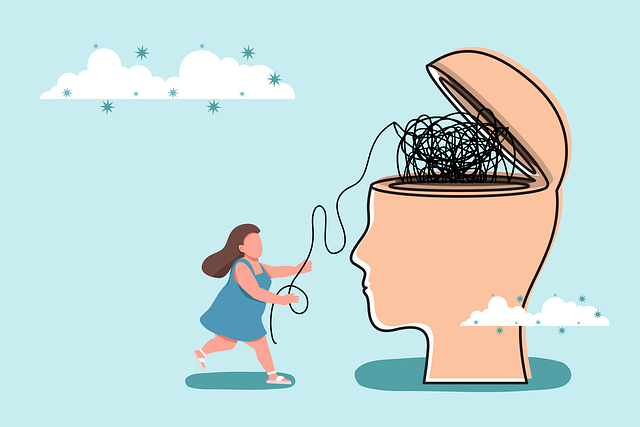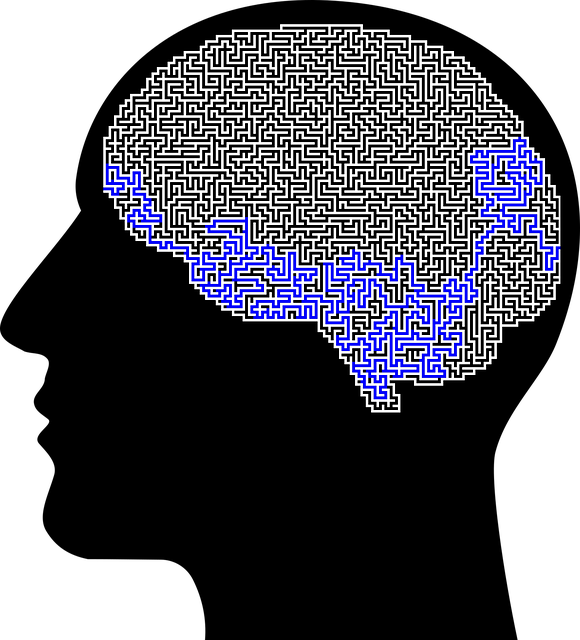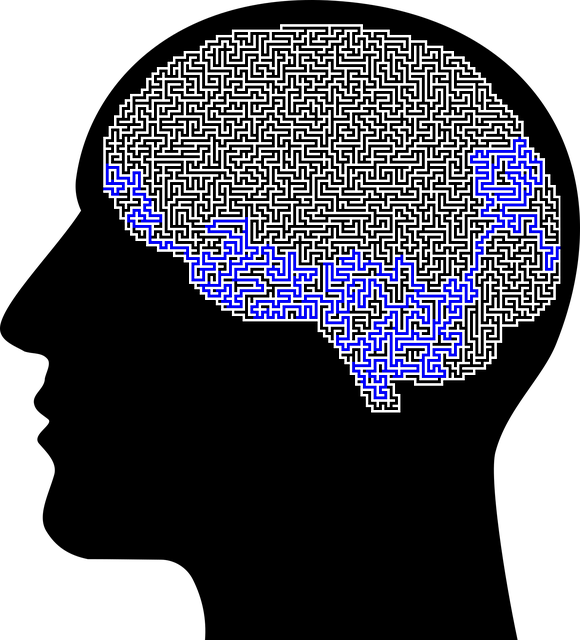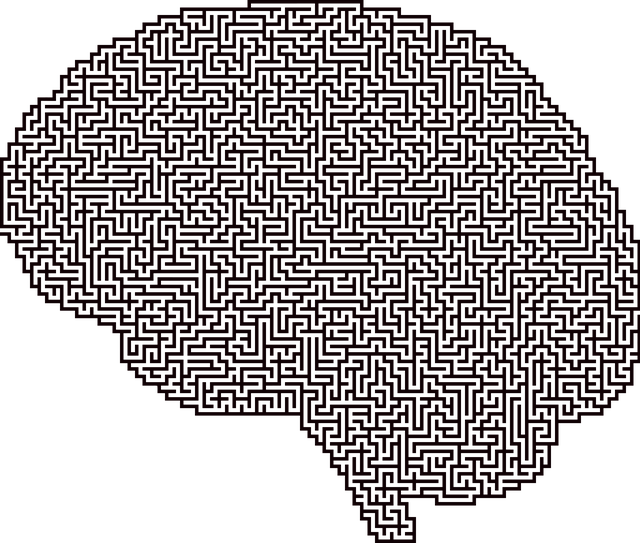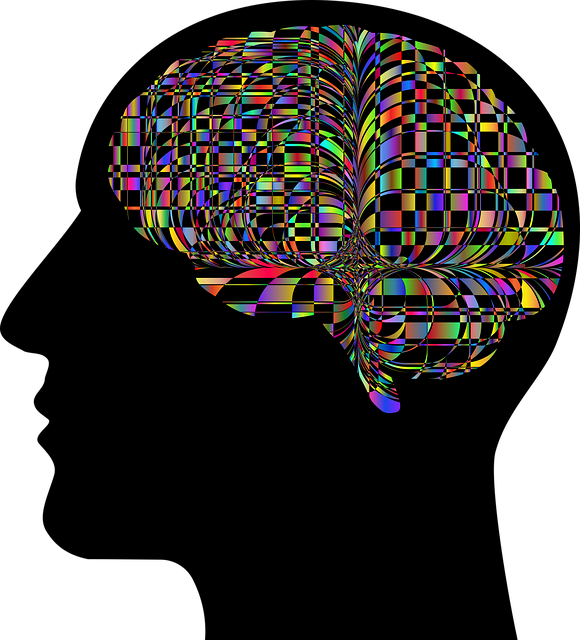Evaluating Superior Cognitive Behavioral Therapy (CBT) requires a comprehensive strategy beyond client satisfaction surveys. Key measures include tracking symptom changes, functional improvements, and emotional regulation over both short-term and long-term periods. Structured assessment tools for risk management enable early interventions, enhancing client safety. This holistic approach benefits individual and group CBT programs, promoting better emotional regulation and positive mental health outcomes. By incorporating data-driven assessments like pre-post surveys, interviews, role-playing, mindfulness meditation, and stress management techniques, Superior CBT ensures improved individuals' overall mental wellness and well-being.
Mental wellness program evaluations are crucial for ensuring their effectiveness and adaptability. This article explores diverse methods to assess and improve initiatives, with a special focus on Superior Cognitive Behavioral Therapy (CBT). We delve into the science behind CBT’s efficacy, examining pre-post assessments, control group comparisons, and longitudinal studies. Additionally, we discuss incorporating participant feedback through surveys, interviews, and focus groups, as well as alternative evaluation techniques that go beyond self-report, including observational assessments, behavioral tracking, neuroimaging, and more.
- Assessing the Efficacy of Cognitive Behavioral Therapy (CBT) Programs
- – Definition and background of CBT
- – Methods for evaluating CBT programs
Assessing the Efficacy of Cognitive Behavioral Therapy (CBT) Programs

Evaluating the efficacy of Cognitive Behavioral Therapy (CBT) programs is a multifaceted process that goes beyond mere satisfaction surveys. Superior CBT therapy programs can be assessed through robust outcome measures that track changes in symptoms, functional impairments, and emotional regulation. These assessments should encompass both short-term and long-term gains, capturing improvements in areas like anxiety, depression, stress management, and overall emotional well-being promotion techniques.
Moreover, risk management planning for mental health professionals plays a crucial role in CBT program evaluation. By incorporating structured assessment tools and continuous monitoring, therapists can identify potential risks early on, ensuring timely interventions and enhancing client safety. This holistic approach not only contributes to the success of individual therapy but also informs the development of more effective group CBT programs, ultimately fostering better emotional regulation among participants.
– Definition and background of CBT

Cognitive Behavioral Therapy (CBT) is a well-established and widely recognized therapeutic approach that focuses on the relationship between thoughts, feelings, and behaviors. It is a structured and goal-oriented method designed to help individuals identify and modify negative or unhelpful thought patterns and beliefs, thereby improving their emotional well-being. CBT has its roots in the belief that our thoughts influence our emotions and subsequent actions, known as the mind-body connection.
This therapy is particularly effective for various mental health concerns, including anxiety disorders, depression, post-traumatic stress disorder (PTSD), and eating disorders. By teaching individuals to recognize and challenge cognitive distortions, CBT empowers them to develop healthier thinking habits and enhance their overall resilience. The process involves active participation where clients learn mind over matter principles and are encouraged to practice mindfulness meditation as a tool for self-regulation. This evidence-based approach has proven successful in promoting positive mental health outcomes and improving the quality of life for those who engage in it.
– Methods for evaluating CBT programs

When evaluating Cognitive Behavioral Therapy (CBT) programs, a multifaceted approach is essential to measure their effectiveness. One key method involves assessing the coping skills development among participants. This can be done through pre-post surveys and interviews, where individuals rate their ability to manage stress, navigate difficult emotions, and implement healthier coping strategies. Observational techniques, such as role-playing scenarios or group discussions, can also provide valuable insights into the practical application of CBT principles in real-life contexts.
Additionally, incorporating mindfulness meditation and stress management techniques within the evaluation process offers a comprehensive understanding of CBT’s impact on mental wellness. By measuring participants’ reported levels of calmness, relaxation, and reduced stress symptoms after the program, researchers can gauge the success of these specific components. This data-driven approach ensures that CBT programs are not only theoretically sound but also practically beneficial in enhancing individuals’ overall mental health and well-being.
In conclusion, evaluating mental wellness programs, particularly Superior Cognitive Behavioral Therapy (CBT), requires a multifaceted approach. By employing robust assessment methods, we can ensure these programs meet their intended goals and positively impact individuals’ lives. Understanding the nuances of CBT, such as its definition and background, is key to selecting effective evaluation strategies that capture changes in symptoms, functioning, and overall well-being. Through continued research and application of these evaluation methods, we can optimize the benefits of Superior CBT Therapy for those seeking support.
